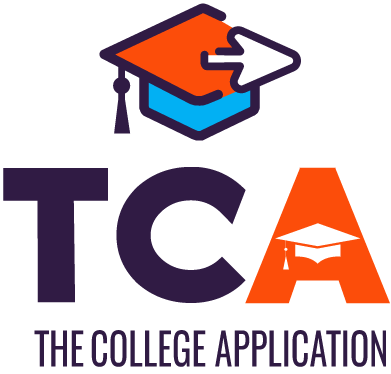Explore the Best Programs
Carefully researched, reviewed, and curated for you
Everything from Applying to Graduating
These resources make your undergrad & grad experience a breeze
Need Help with Your Personal Statement?
A Personal Statement or a Statement of Purpose is merely a story. The difference is in how you tell it. Here at TCA, our personal statement writing service will turn your story into a unique masterpiece


Tried

Tested

Trusted
“Hi Nick, This is Fadzai. We worked together on my personal statement to MGH. I wanted to say thank you again and let you know I was just accepted into the program. Do you know anyone in Boston, I need advice about housing. Also, I wanted to know if you review academic papers? Perhaps I can send you my school papers to edit. Thanks.“
– Fadzai, Direct Entry MSN Program, MGH Institute of Health Professionals
“Hi Nick, I wanted to thank you for helping me get into my dream school – the University of Michigan in Ann Arbor. Even though I didn’t initially apply there when we worked with you in November, as I’ve learned they opened an online program only in January, I’ve submitted documents using a compilation of the essays you helped me write, and today learned that I’ve been accepted. UMich is rated # 1 for the MSW program I am applying and it was my first choice. I’ve also been accepted into Columbia University and am on the waitlist for the San Francisco State but I’ve already made up my mind about going to UMich. Thank you for all your help, you made a very stressful process much easier and calmer. All the best to you.“





